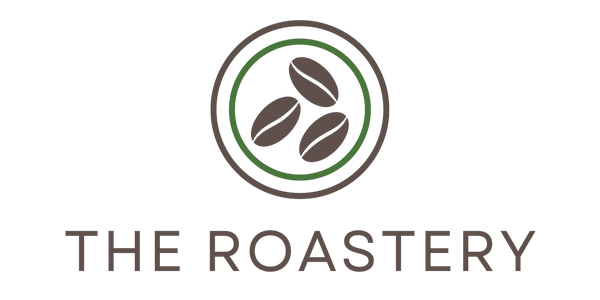
FEATURED COFFEE: Yemen Haraaz
Christian JollyYemen is an exciting origin to source coffee from for a number of reasons. For us, it is a direct connection to the beginnings of coffee as a consumable product. Although the history of coffee traces pathways to both Ethiopia and Yemen as the areas responsible for bringing us this amazing caffeinated beverage, it is Yemen that is most frequently sourced as the very first cultivated crop (whereas Ethiopia is where it was most likely popularized as a prepared drink).
Although this history follows a trail back into the 1600s in Yemen, some more recent history is worth exploring first. As a nation, there has been a severe change in socio-political climate in the past few decades, which inevitably has impacted all manner of importing and exporting of goods across the borders. Similar to the conflict diamond issues in DR Congo and Sierra Leone in recent history, coffee has an extreme high value as an export and as such, presents the opportunity for the opportunistic - both legal and illegal.
Additionally, as an agricultural product, coffee is subject to weather patterns and labor concerns across all growing nations, and Yemen experiences occasionally unexpected dry and/or wet periods that can disrupt the proper growth and development of coffee plants.
Jumping back into the plant's origins itself, we find the botanical Mokka variety of Arabica coffee (so named after the port of Al Mokka in Yemen). We also have this origin to thank for the etymological source of the name "Mocha" (used colloquially to refer to coffee in general or the chocolate-infused variety of latte) as well as the Moka pot method of brewing. This plant was fiercely protected from outside cultivation and exporting for many years, but as humans tend to be rather crafty, the plant eventually was surreptitiously replanted in Java (Indonesia) by the Dutch as well as crossed with Ethiopian varieties in the 1700s and 1800s, and the rest is history. We now enjoy coffee all over the world thanks much in part due to (and in spite of) the efforts of the Yemeni people.
 About this coffee: Our Yemen coffee presents a fantastic flavor profile, with dried berry and caramelized sugar notes due to the natural processing of these coffees on sun-exposed raised beds at origin. We have selected a light roast profile which best exhibits these features. In general for natural processed coffees, we try to avoid roasting too far past the first crack (the point at which the bean is considered fully roasted, generally between 360F-380F). Medium and dark roasts work best for washed process coffees, as it brings the coffee to a temperature that brings out more mellow and earthy notes as opposed to bright, citric and earthly notes.
About this coffee: Our Yemen coffee presents a fantastic flavor profile, with dried berry and caramelized sugar notes due to the natural processing of these coffees on sun-exposed raised beds at origin. We have selected a light roast profile which best exhibits these features. In general for natural processed coffees, we try to avoid roasting too far past the first crack (the point at which the bean is considered fully roasted, generally between 360F-380F). Medium and dark roasts work best for washed process coffees, as it brings the coffee to a temperature that brings out more mellow and earthy notes as opposed to bright, citric and earthly notes.
About the region (from our partners at Cafe Imports):
"Haraaz is a rocky, mountainous region of Yemen known for being one of the primary origins of coffee before the 17th century. Yemen's production isn't near the volume of the past, and the terrain doesn't seem to be friendly to coffee. However, farmers for generations have been terracing the mountains to grow coffees that are unique in profile when harvested and processed carefully. Most of Yemen lies in the border zone between two main weather patterns: the regular northerly winds (from the Mediterranean basin) and the southwest monsoon winds. Northerly winds predominate during the winter, while in the summer the southwest monsoon brings the primary rains."
I'd love to have you try the coffee for yourself! Visit the product page for our Yemen Haraaz to order a bag. This is a more limited offering, and so we don't expect to have it around for very long to due the popularity and rarity of Yemen coffees domestically.

